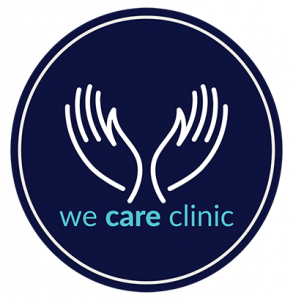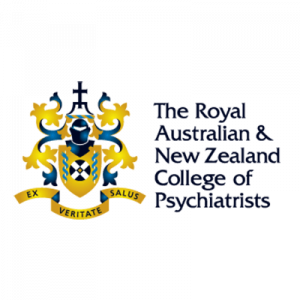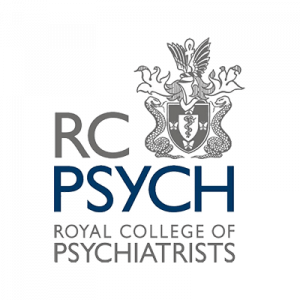Schizophrenia
Schizophrenia could be diagnosed by abnormal patters of thinking (delusions- beliefs that are not true), abnormal perception (hallucinations) and behaviours. It affects how the brain works. Patients struggle to differentiate between what is real and what is not. As a result of the above experiences, they tend to isolate themselves and this leads to further decline. They struggle to trust people and hence stop engaging in treatment. They have problems comprehending people’s emotions.
Causes could include genetic factors, trauma to the brain, traumatic experiences in childhood and the use of recreational drugs.
It usually occurs in the 20’s and is extremely rare to start in childhood. It is slightly more common in men than women. In certain rare cases, delayed onset of schizophrenia could occur too.
Schizophrenia Symptoms and signs
Delusions, hallucinations, paranoia and at times bizarre behaviour. Some of the symptoms include poverty of speech, flattening of mood, lack of interest, lack of motivation, lack of energy, poverty of movement and impaired concentration, ambivalence and suicidal thoughts.
Some of the symptoms become more pronounced as the illness becomes chronic. Symptoms can also include agitation and disturbed sleep.
Diagnosis is established by a psychiatrist (expert in diagnosis and treatment of mental illness) following a series of clinical reviews which involves comprehensive history taking, observing patient’s behaviour, identifying symptoms, obtaining some collateral information.
All medical causes need to be excluded before the psychiatrist establishes the diagnosis as certain medical conditions could mimic symptoms of schizophrenia and they could be thyroid conditions, alcohol and drug withdrawals states, alcohol and drug intoxication states and viral encephalitis.
Treatments include
- Medications
- Psychology
- ECT
With appropriate treatment, symptoms can resolve. In very severe cases where a complete recovery cannot be achieved, symptoms can reduce in intensity with medications thus improving one’s level of functioning.
If not treated it could result in development of depression, anxiety, suicide, use of substances including alcohol, drugs and nicotine, inability to work or attend school, financial problems, homelessness, isolation, physical health problems and in certain rare cases aggressive behaviour too.
Compliance with medications, establishing good sleep hygiene, engaging with your psychiatrist, understanding your early warning signs/ relapse signatures, avoidance of drugs and alcohol will all go a long way in maintaining positive health and may help avoiding relapses. In some very severe cases, the above will help in reducing the intensity and frequency of symptoms. Stress of some form can sometimes trigger a relapse.



